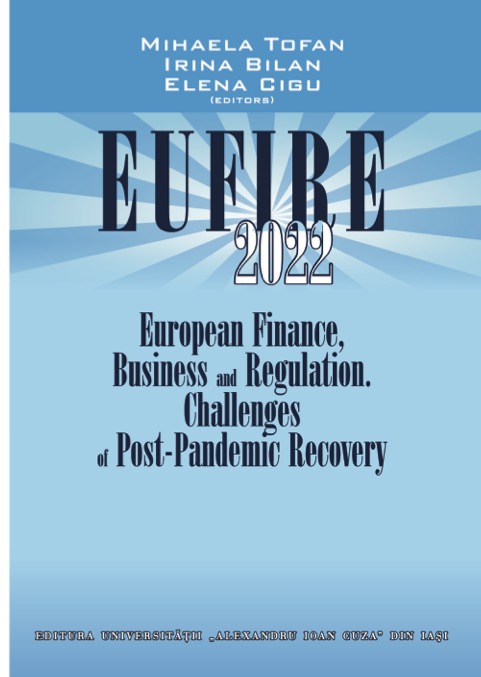
MISLEADING AND COMPARATIVE ADVERTISING IN CONSUMER RELATIONSHIPS
MISLEADING AND COMPARATIVE ADVERTISING IN CONSUMER RELATIONSHIPS
Keywords: consumer; misleading advertising; regulations; comparative advertising;
Misleading and comparative advertising, in fact like other unfair consumer practices, has become increasingly diverse in recent years, including with the application of information technology. But the countermeasures have also become more effective, largely due to the aspirations of European integration and the signing of the Association Agreement of the Republic of Moldova with the European Union (Association Agreement of 27.06.2014). These important processes have brought significant results, and finding that consumer protection in the field of misleading and comparative advertising in the Republic of Moldova was regulated below European standards, and essential regulations to ensure consumer interests were lacking, efforts were made to significantly improve legislation. through a broad process of harmonizing it with European Union legislation.The most important regulations in the field of misleading and comparative advertising can be found both in the national legislation, such as the Law on Advertising no. 1227 of 27.06.1997, the Law on Consumer Protection no. 105 of 13.03.2003 and the Competition Law no. 183 of 11.07.2012, as well as in the legislation of the European Union, the Directive of the European Parliament and of the Council on misleading and comparative advertising no. 2006 / 114 / EEC of 12.12.2006.An essential role in regulating misleading and comparative advertising is also represented by the adoption of Law no. 133 of 15 November 2018 on the modernization of the CivilCode and the amendment of some legislative acts, which entered into force on March 1, 2019.The aim of the study is to analyze both national regulations and European Union legislation, as well as unfair practices used by economic agents in misleading and comparative advertising.
More...
